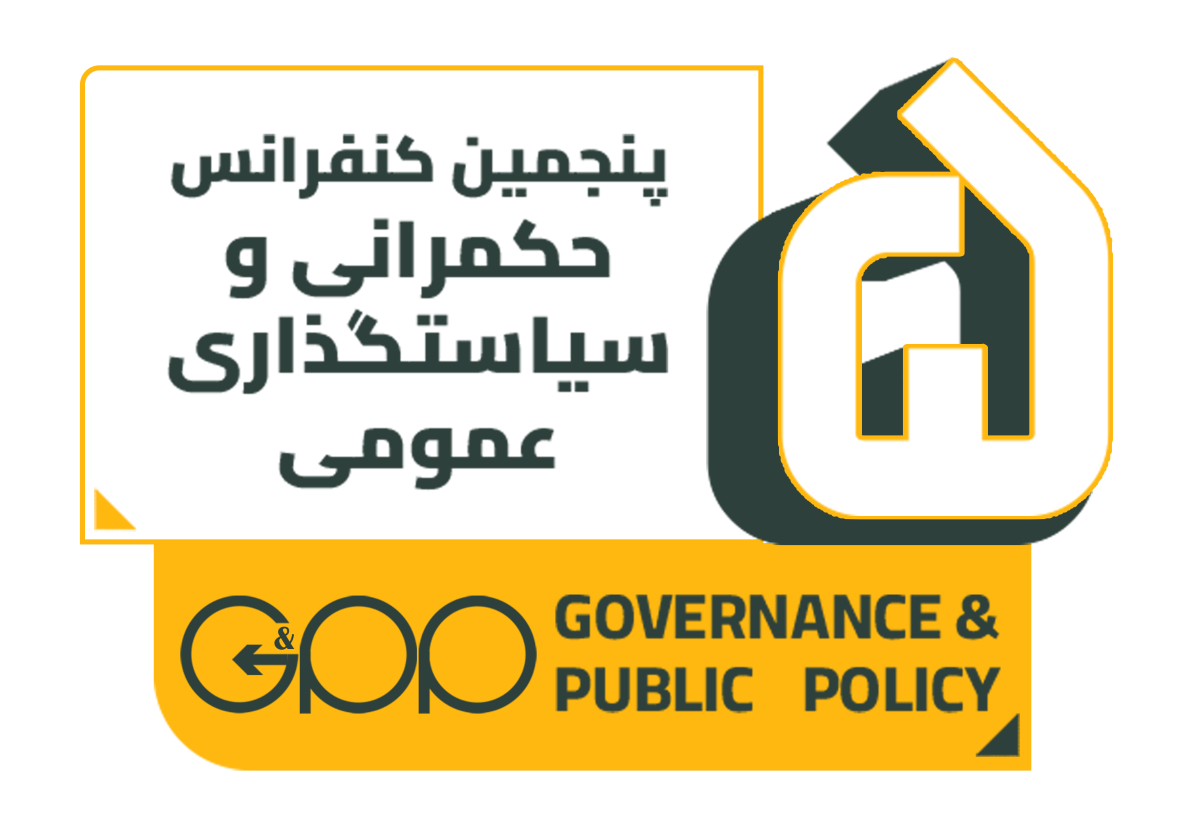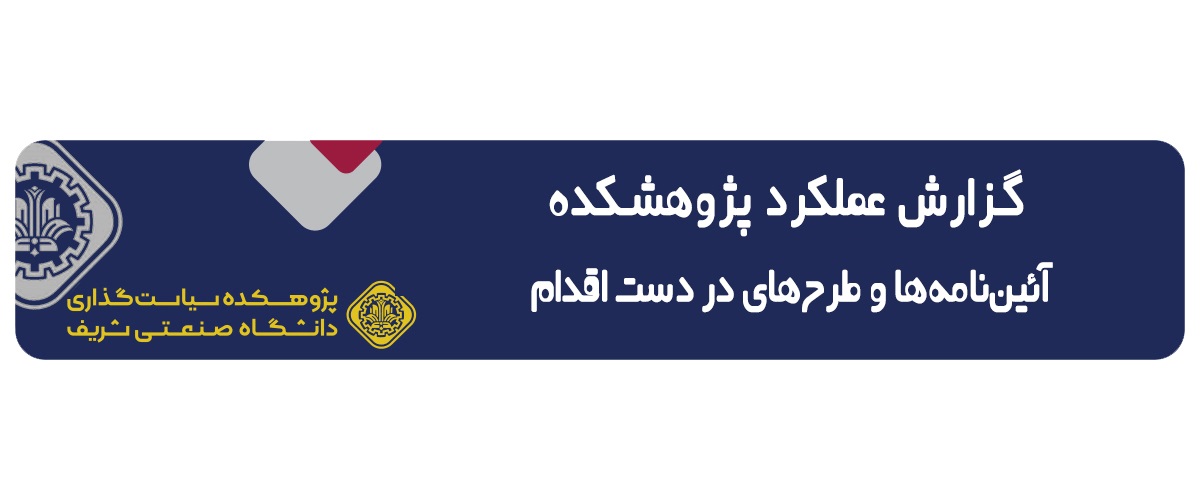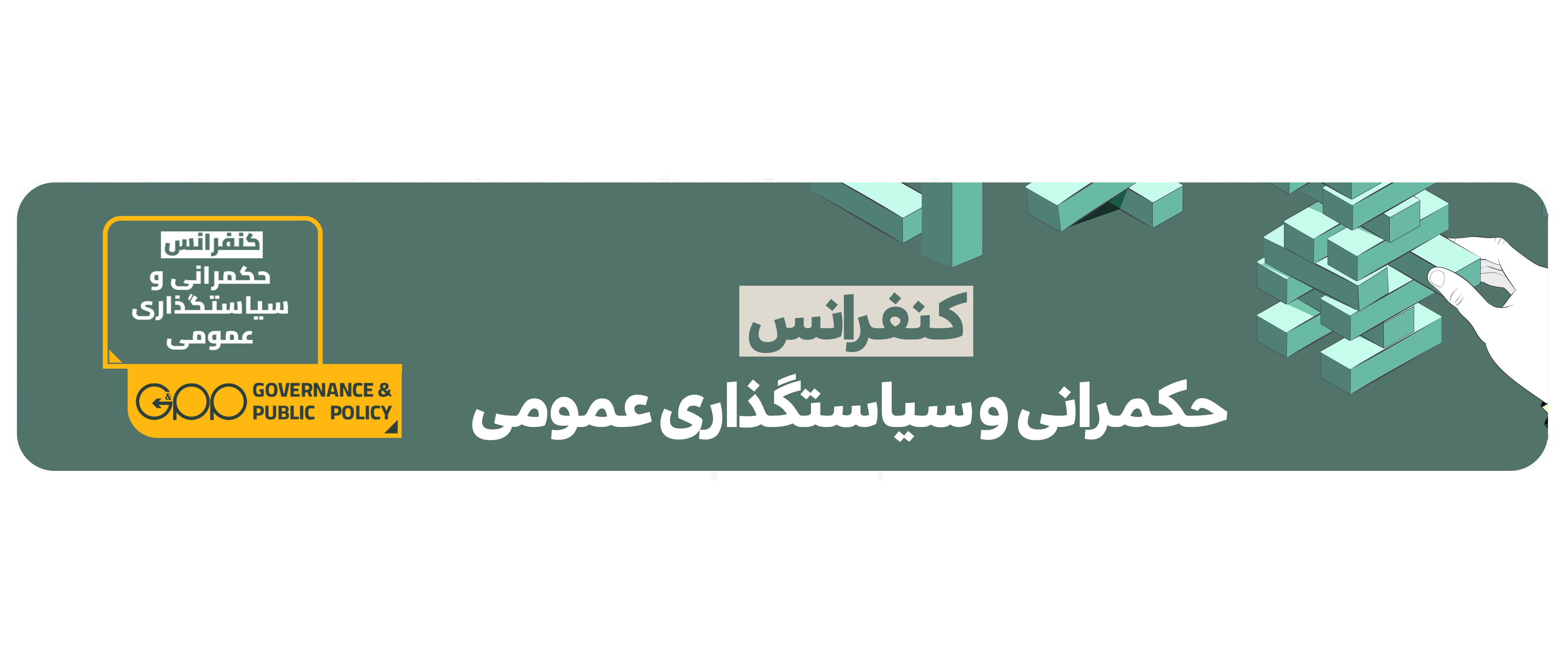چكيده
The present article aims to investigate the cause-and-effect relationship between the employees’ psychological empowerment (PE) and dimensions of knowledge management (KM) in an oil company, using the fuzzy decision-making trial and evaluation laboratory method. The study population consists of oil company experts. The sample size is determined based on the theoretical saturation limit. The present findings show that PE is the strongest causative factor with significant effects on knowledge creation (KC) and knowledge dissemination (KD). Among the KM dimensions, the most influential factors are the dimensions of KC, knowledge application, and knowledge capture (KCA). Of all KM dimensions, knowledge refinement is the most influential. The KC, in addition to being the most important dimension of KM affected by PE, is also found to influence all other dimensions of KM; this indicates its key role as a starting point in the process of KM. Considering the reciprocal effects of PE and the two dimensions of KM (KC and KD), it is important to pay attention to KC when developing a KM system. Importantly, the present findings show that PE and KM have an interdependent interaction. In other words, not only by improving the employees’ PE, the organizations can accelerate the KM process, but also by improving the KM systems, they may increase their employees’ PE. Based on the sensitivity analyses, our proposed method is as efficient as the available methods, such as interpretive structural modeling and Bayesian best-worst method.



 سيروس اميرقدسي
سيروس اميرقدسي علی ملکی
علی ملکی




